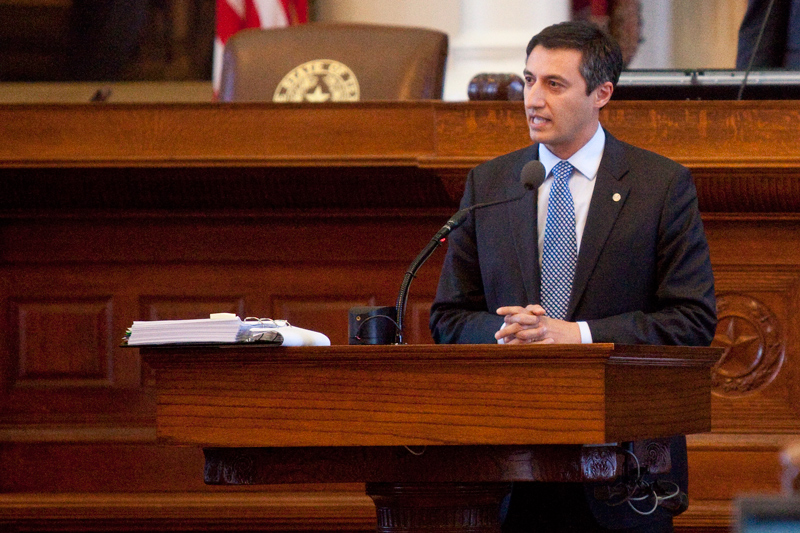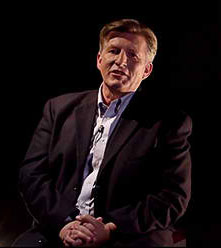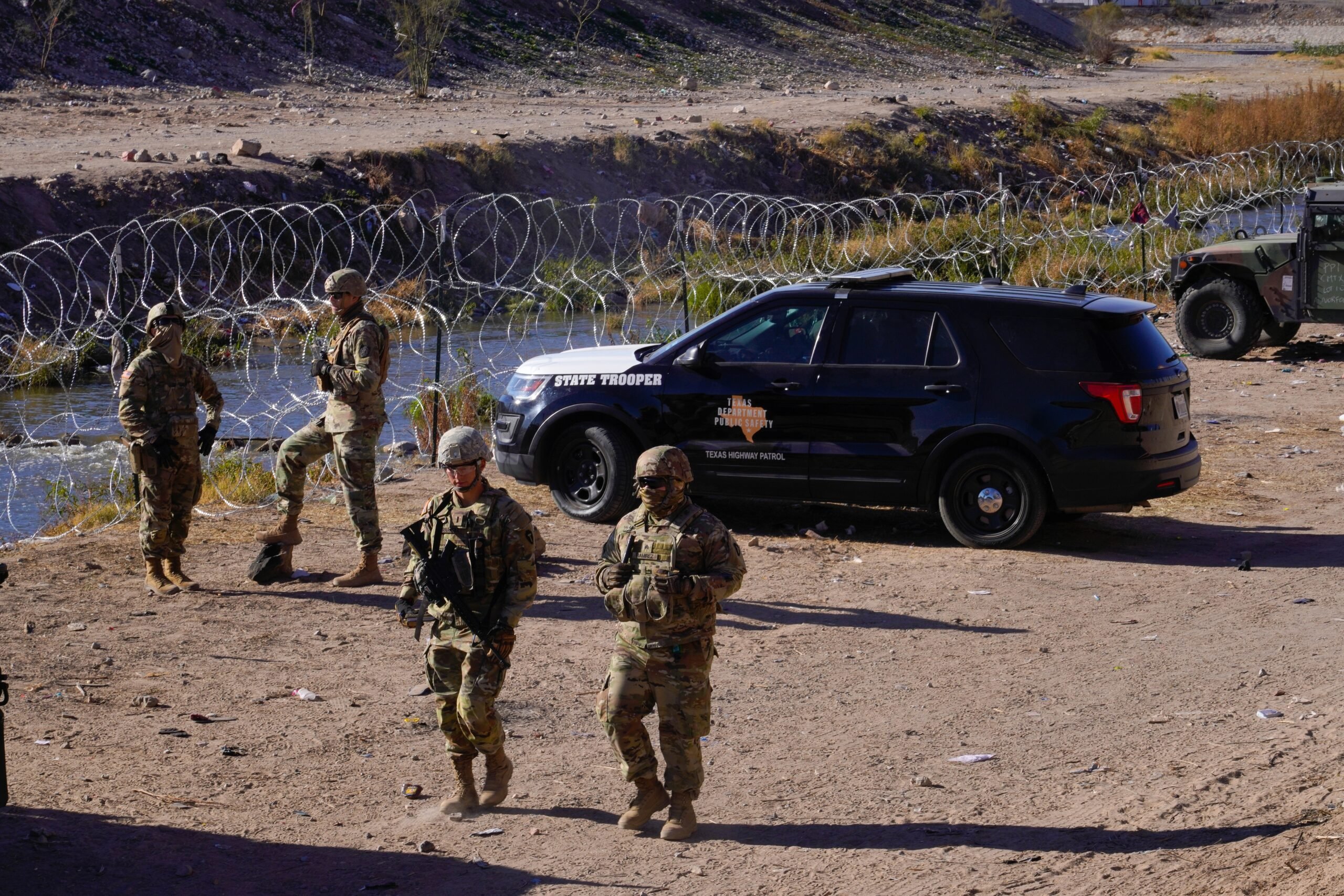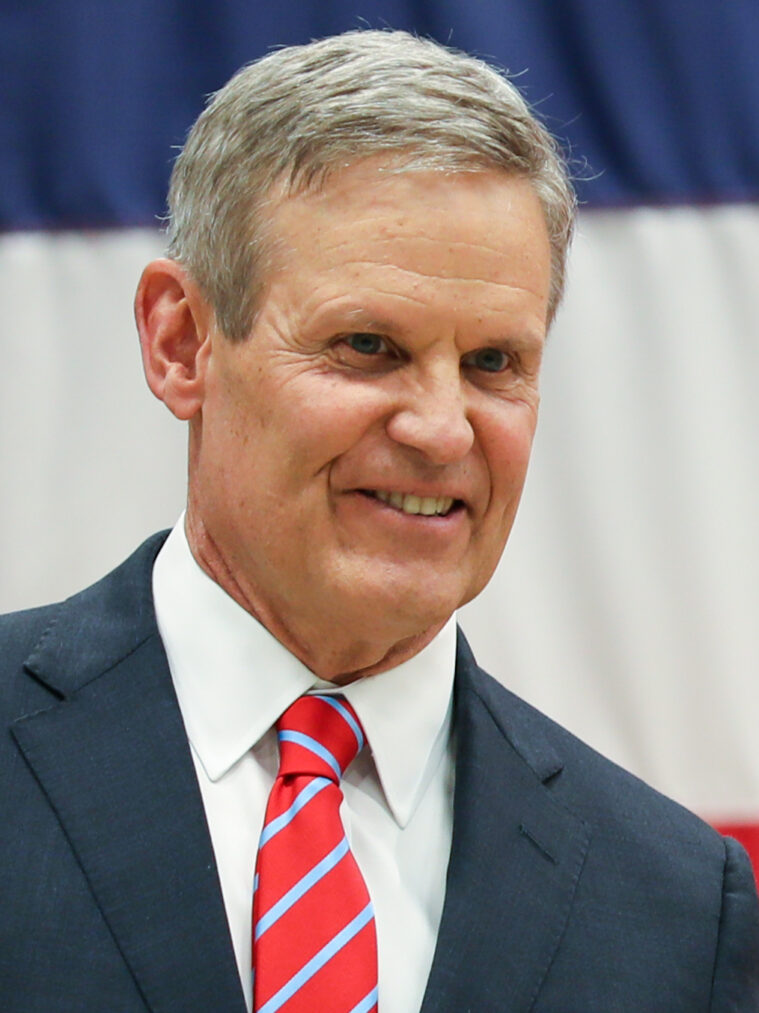
Architect of Texas Gold Depository Says it Will Kill Off Fed
State Rep. Giovanni Capriglione talks Bitcoin, bullion and the Federal Reserve with apocalyptic radio preacher

Above: Rep. Giovanni Capriglione (R-Southlake) speaking on the House floor.
Many Texans are not nuts, and don’t have much interaction with the state’s many honorable nuts in day-to-day life. So when the words “Jade Helm” became a buzzword in Texas back in May thanks in part to Gov. Greg Abbott, a lot of people were shocked. It was a moment in which people who don’t pay much attention to politics noticed that there was something a little sickly about the state’s political culture.
But the sensuous interplay between the truly fringe and the actually powerful is a constant in Texas, and it has a real impact on the policies the state implements even if it doesn’t usually burst into the public consciousness. Take the interview state Rep. Giovanni Capriglione (R-Southlake) did with radio host Rick Wiles on Friday, in which Capriglione basked in praise for his plan to destroy the Federal Reserve with precious metals, as if he were Auric Goldfinger. It’s the latest installment in a long-running love affair powerful state figures have with marginal economic theories.
Wiles, a Christian talk show host with an apocalypse fetish, runs Trunews, which he unironically describes as an “anti-newscast.” Wiles recently earned recognition for announcing that he was renouncing his American citizenship thanks to the country’s embrace of “lewdness, sorcery, witchcraft and rebellion” against God’s laws. He highlights “ancient prophecies,” cooks them together with an easy-bake oven version of Christian teachings, and cribs from Alex Jones. He foreshadows the imminent end of the world, then begs for donations.
Capriglione, meanwhile, is a rising member of the Republican establishment. He’s also a goldbug whose main accomplishment after two terms is the passage of a bill creating a Texas gold depository, which would allow gold owned by the University of Texas’ endowment fund to be returned from the heathen land, New York City. In 2013, it was one of the most colorfully ludicrous ideas before the Legislature, and Capriglione was reduced to passing out chocolate gold coins on the floor of the House to try to win support.
But this year, it passed the House and Senate with huge margins, and was granted a high-profile signing ceremony by Abbott. The proposal has won a good deal of press attention, mostly in the “news of the weird” category. But on Wiles’ show, Capriglione said the press had missed the point, interested only in what he called the “Die Hard 3 aspect.” His ambitions were much grander.
Wiles introduced Capriglione as “the man who spearheaded the Texas gold repatriation program,” a friend and ally. (As some have noted, repatriation, used commonly to describe Capriglione’s proposal, is a term used to refer to the return of something from a foreign country to its country of origin.) Capriglione’s outlook—a nation and world on the precipice—neatly complement Wiles’ own, and the two men grew more and more excited as they talked to each other.

Capriglione says his interest in Texas gold started in 2008, with the global financial crisis. “It really kind of brought to bear the idea that we need some kind of Plan B,” he said, in case the Federal Reserve System and U.S. dollar collapsed. Texas needed to have its own economic survival bunker in the form of gold.
In 2008, that was a fairly common inclination on the right. Figures such as Glenn Beck hawked gold on their shows to elderly and panicked viewers. But more serious people joined in: Some conservatives feared that the Federal Reserve’s policies under President Obama would incinerate the value of the dollar and lead the country to hyperinflation. They were, in retrospect, hilariously, massively wrong.
The board of the University of Texas Investment Management Company (UTIMCO), which invests the university’s endowment, were likewise concerned. UTIMCO invested some 5 percent of the endowment into actual gold bullion, which would hold value during the coming economic end times. UTIMCO pays to store the bars, tellingly, not at the Federal Reserve Bank of New York, but at a much more expensive facility, an HSBC branch in midtown Manhattan.
It was a suboptimal investment, as Brian Murphy explores in a recent article on Texas officials gold fetish. Over the last five years, the New York Stock Exchange has risen almost 80 percent—but the price of gold has remained essentially flat. UTIMCO remains saddled with some $660 million of the stuff. Capriglione’s depository would allow the return of the gold to Texas, and make it the cornerstone of a new state-owned bank, where other individuals, companies, states, and even countries could store their own gold, too.
But Capriglione’s bank would be more than just a giant safety deposit box. “The really interesting part about this depository, which hasn’t been getting a lot of press,” he told Wiles, is that “with this depository, private individuals and entities will be able to purchase goods, and will be able to use assets in the vault the same way you’d be able to use cash.” They’d be able to conduct transactions backed by the gold stored in the bank, circumventing the Fed, Capriglione said.
Wiles marvels at Capriglione’s genius. “I think this is bigger than maybe you realize,” Wiles said. “I think you’re going to be overwhelmed by the response.” Capriglione replies: “I think so too.” He marvels at the ease with which his proposal became state policy this year: He seems incredulous the press hasn’t paid proper attention to what he accomplished.
Federal Reserve governors can probably continue to sleep soundly at night, and it remains unclear, of course, if a bullion depository will ever be more than a novelty.
Wiles asks: “Is there any possibility there could be a Texas-style Bitcoin?” Capriglione gets even more excited. “OK! That would be awesome too. I personally own Bitcoin.” He thinks the Texas bullion depository would be a natural fit for Bitcoin dealers. “You could make transactions with Bitcoin, use the gold depository as a medium, and then make payments on the other side.”
“This is the biggest threat in 102 years to the Federal Reserve System,” exclaimed Wiles, steeled for the fight. The state rep agreed: “This could very well make the Federal Reserve System unnecessary.” Other state legislators have approached him about drafting a similar bill in their states. Then, Wiles said, “we can tell the banksters at the Federal Reserve where to go.”
Wiles pronounced the plan “fantastic,” then moved on to his second guest, a woman with recordings of an 82-year-old Assyrian woman who speaks prophesies in Aramaic.
Federal Reserve governors can probably continue to sleep soundly at night, and it remains unclear, of course, if a bullion depository will ever be more than a novelty. But the passionate lack of faith in the foundational parts of the American federal compact shown by Texas state legislators, and the governor, in approving Capriglione’s proposal is a little disturbing. It’s a sign of deeper dysfunction. Gold fever has long been a feature of some of the more fetid swamps in American political life—its rapid normalization in Texas and adoption as state policy is odd, to say the least.
Capriglione, naturally, has been decried as a spineless moderate by tea party groups in his district—he’s currently awaiting a primary challenge.


